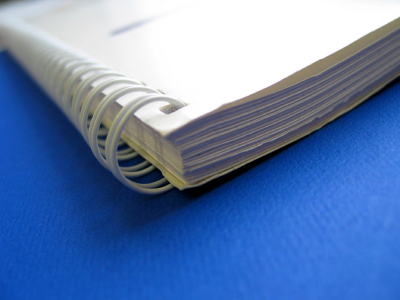We have previously written about how, over the past few years, the SEC and other regulatory agencies have devoted substantial resources to investigations regarding allegations that public companies have inadequate internal controls and/or a system for reporting those controls. See here, here and here. That effort shows no signs of waning. As recently as March 23, 2016, the SEC announced a settlement with a multi-national company due in part to the internal controls failures at two foreign subsidiaries. On March 10, 2016, the SEC announced a settlement of claims against Magnum Hunter Resources Corporation in connection with alleged internal control failures. And, on February 17, 2016, the SEC announced a settlement of claims against a biopesticide company, Marrone Bio Innovations, based on the company having reported misstated financial results caused in part by internal control failures.[1]
Recent SEC Enforcement Actions and Public Commentary Demonstrate the Commission’s Continued Focus on Internal Control Failures




